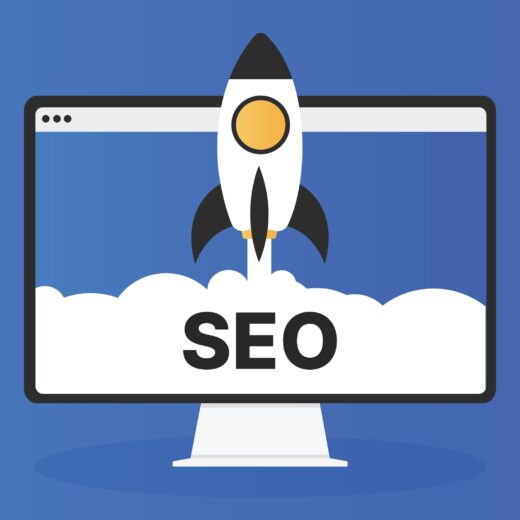Unlocking the Power of H1 Heading Tags in SEO

In the realm of website design and SEO, every element plays a crucial role in determining a site’s visibility and user experience. One such element that holds significant weight is the H1 heading tag. Often regarded as the most important heading tag, the H1 tag not only influences the structure and organisation of content but also carries substantial SEO implications.
Understanding the H1 Heading Tag
The H1 heading tag serves as the primary heading of a web page, typically indicating the main topic or subject matter of the content that follows. From a structural standpoint, it holds prominence in the hierarchy of heading tags, signalling its importance to both search engines and human readers. While web browsers visually render the H1 tag with larger, bolded text, its significance extends beyond mere aesthetics.
Importance for SEO
In the realm of SEO, the proper utilisation of H1 heading tags can significantly impact a website’s search visibility and ranking performance. Search engine crawlers rely on these tags to interpret the relevance and context of the content within a web page. When properly optimised, H1 tags provide search engines with valuable signals about the primary focus of the page, thereby improving its chances of appearing in relevant search results.
Best Practices for H1 Tags
To leverage the full potential of H1 heading tags for SEO, it’s essential to adhere to best practices:
- Relevance: Ensure that the text within the H1 tag accurately reflects the main topic or theme of the page. It should succinctly summarise the content that follows, providing both search engines and users with clear expectations.
- Keyword Optimisation: Incorporate relevant keywords naturally into the H1 tag, but avoid keyword stuffing. The inclusion of targeted keywords can help reinforce the page’s relevance to specific search queries, thereby enhancing its visibility in search results.
- Unique and Descriptive: Each web page should have a unique H1 heading that accurately describes its content. Avoid duplicating H1 tags across multiple pages, as this can confuse search engines and dilute the overall effectiveness of your SEO efforts.
- Consistency with Content: The text within the H1 tag should align seamlessly with the content of the page. Avoid misleading or overly sensationalised headings that fail to deliver on the promised topic, as this can negatively impact user experience and credibility.
- HTML Structure: Ensure proper HTML markup by using only one H1 tag per page and structuring subsequent headings (H2, H3, etc.) hierarchically to maintain clarity and organisation.
In the ever-evolving landscape of digital marketing and SEO, attention to detail is paramount. The H1 heading tag represents a fundamental element of website optimisation, serving as a critical signal to search engines while also enhancing the overall readability and user experience. By following best practices and understanding the importance of H1 tags, businesses can position themselves for greater online visibility and success in the competitive digital arena.








